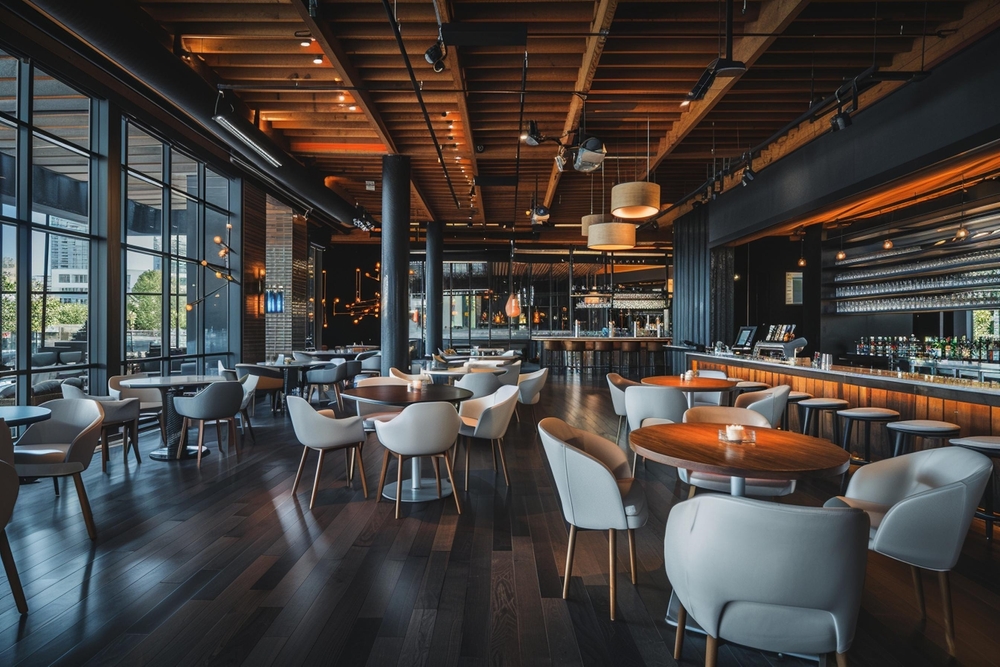BLOG
Here are some things to think about when negotiating restaurant leases. As shopping centers are redeveloped and updated, the industry is trending towards more restaurants in open-air centers. The growth of fast casual restaurants and the ethnic food market is global. Fusion is also a hot trend, but few people can define it. Considering all these factors, structuring leasing and development plans is becoming more challenging. In this post, we will look at a few of the significant issues that affect restaurant leasing.
Exclusivity in Restaurant Leases
Most restaurants want to protect their market and ask for exclusive uses. But where does a landlord draw the line on exclusive agreements for restaurant users? Chicken, coffee and burgers are everyday items most restaurants sell. So, how can use clauses and exclusives be worded properly to avoid issues and litigation and manage the tenant mix? The key is to narrowly draft these clauses, ensuring the tenant has to be offering the item for sale and granting exclusives for primary uses only and not ancillary uses, allowing the landlord some flexibility.
Parking in Restaurant Leases
Parking is another hot button for restaurateurs. The key here is to ensure there is always enough parking for all patrons. One possibility commonly considered is granting exclusive parking rights. Some higher-end operators demand it. Reserving spots for take-out parking has also become a standard practice, especially post-Covid. The issue with these options is the inability to control how long patrons/food delivery drivers will use these parking spots. At some locations, valet parking usage is mandated and used to recapture costs. Valet is also an excellent alternative for places that don’t have enough parking spots to accommodate visitors. Regardless of how parking will be structured, all issues and options related to parking should be covered in the lease.
Design Issues in Restaurant Leases
What kind of design issues need to be addressed upfront? Screening of exhausts, waste removal, cleaning and grease traps, trash dumpsters and their enclosures, outdoor seating criteria and sound and noise issues should all be addressed in the lease. Does the attorney have the information required to create construction and design criteria manuals and draft proper language regarding construction in the lease? If they don’t, someone with restaurant construction experience should serve as a guide, helping create the necessary language to be attached to the lease.
Tenant Allowances
What about tenant allowances? Landlord contributions for restaurant construction are generally high. When should it be paid? Many operators want advance payments. The landlord should resist and demand that payment be a reimbursement payment at the end of construction. However, that may not be possible if the tenant does not have the cash flow to fund its construction. What criteria and documentation must the tenant provide to obtain funding from the landlord? Establishing strict guidelines to protect the landlord as a pre-condition to funding is critical. What happens if the landlord does not fund it timely? Should the tenant have self-help remedies and be able to offset the rent? What can a landlord do to protect its fee interest from tenant contractor liens in the event the tenant fails to pay the contractor or subcontractors? There are protections in the statutes as to what a landlord can do in the lease and the public records to avoid liens from being filed, and the lease should provide for the same.
Don’t navigate these lease issues alone. We’re here to provide you with the necessary guidance and support regarding restaurant leases. Reach out to us, and let’s work together to find the best solutions for your business.

